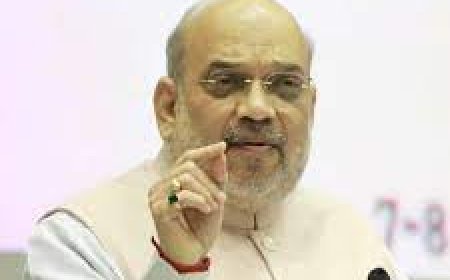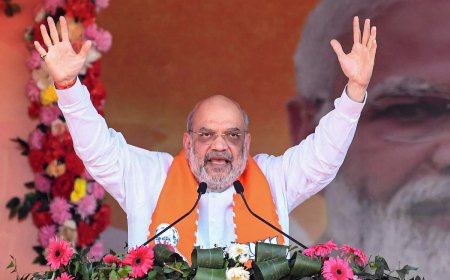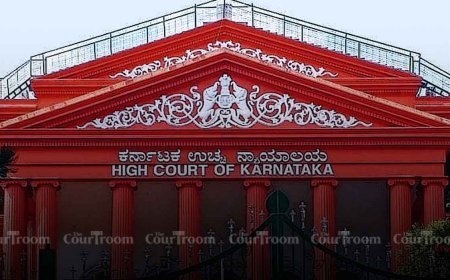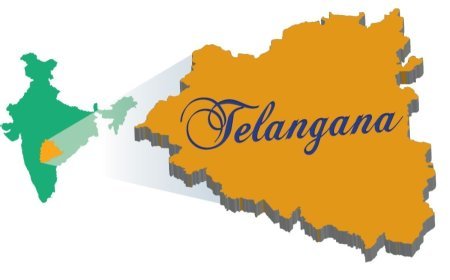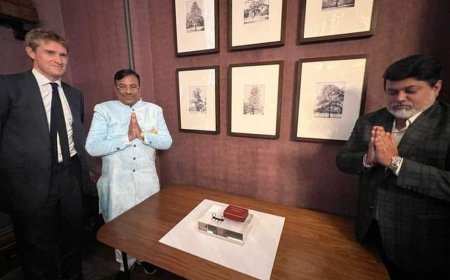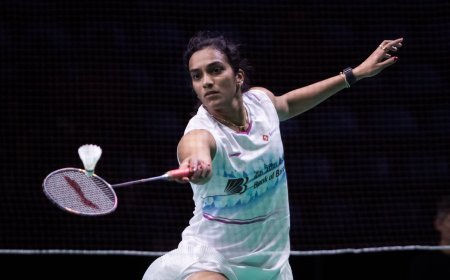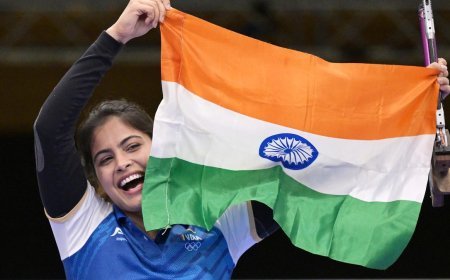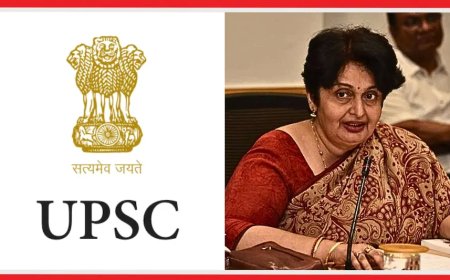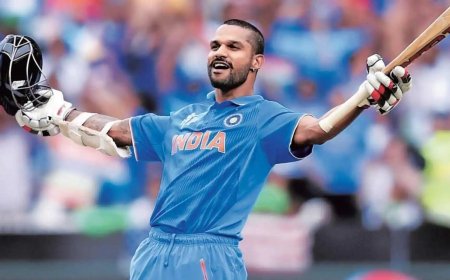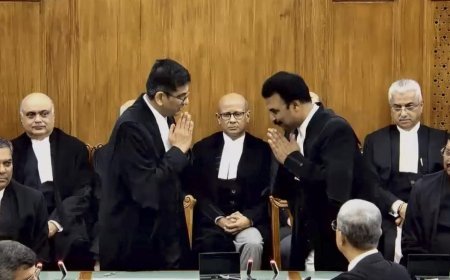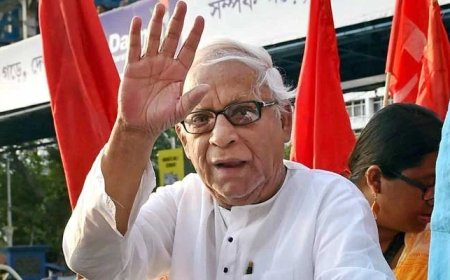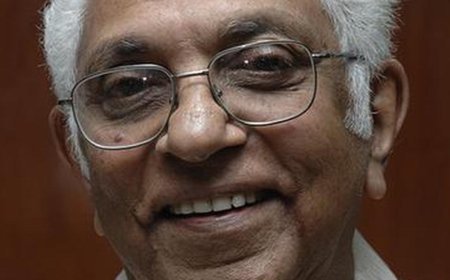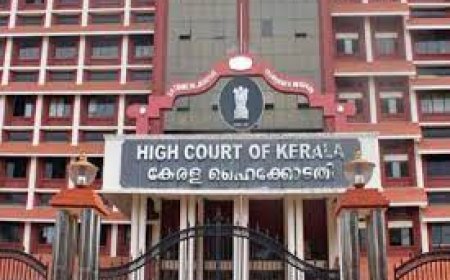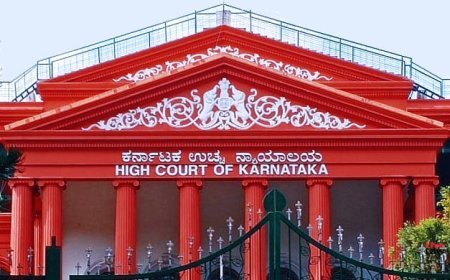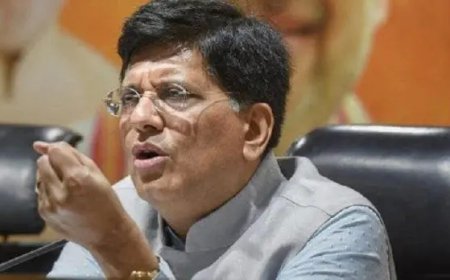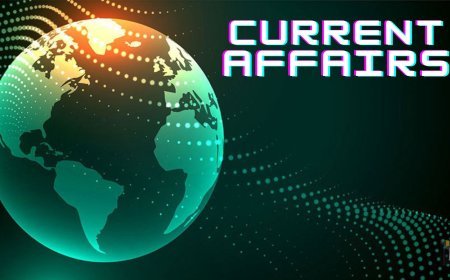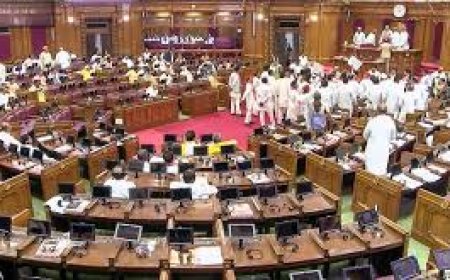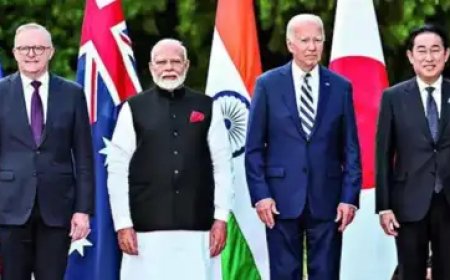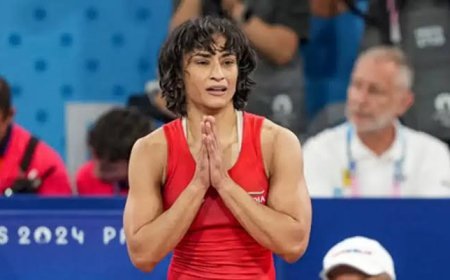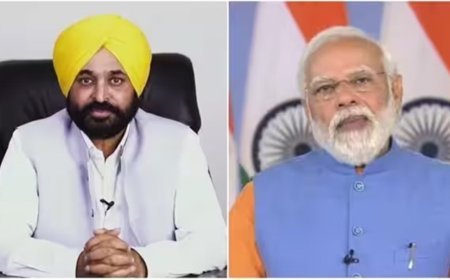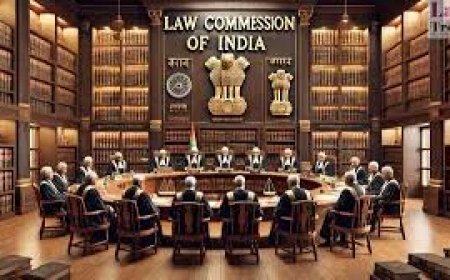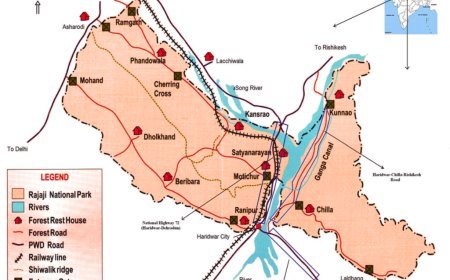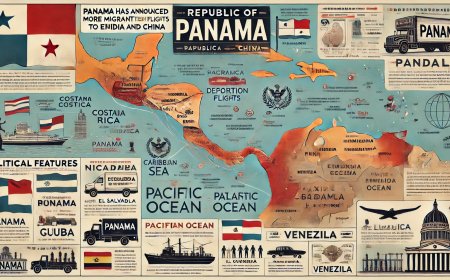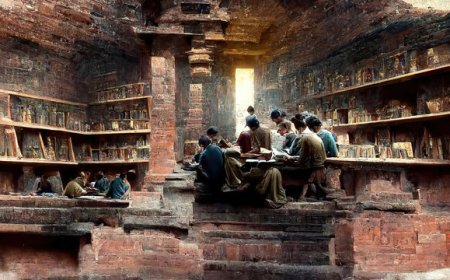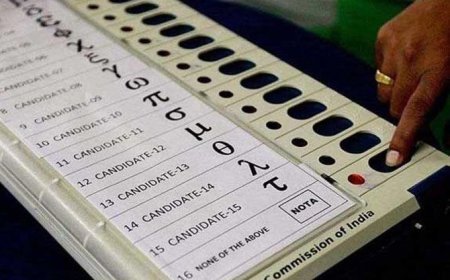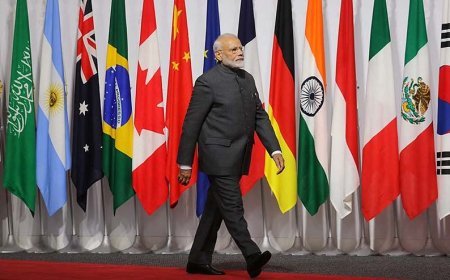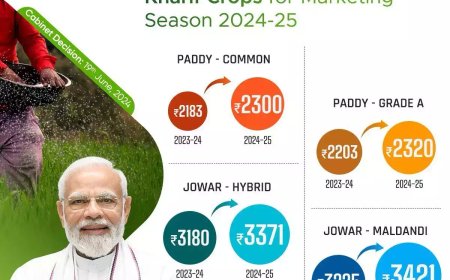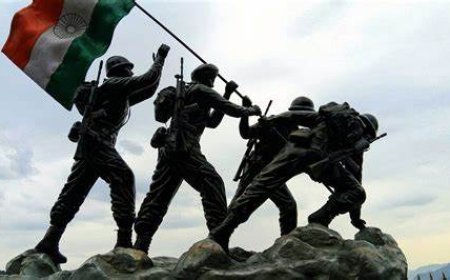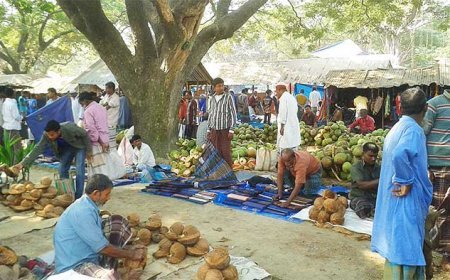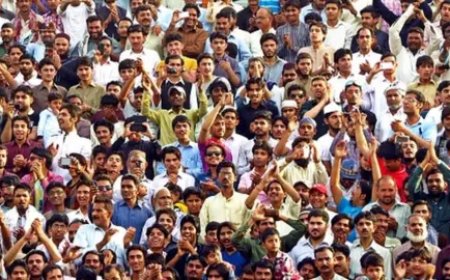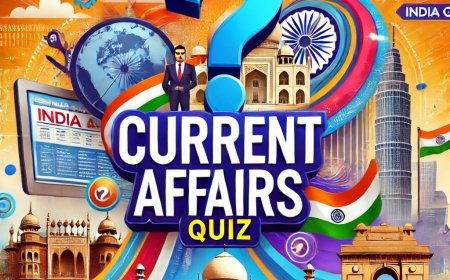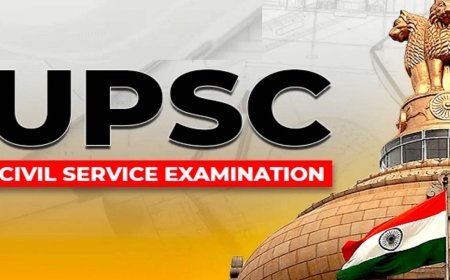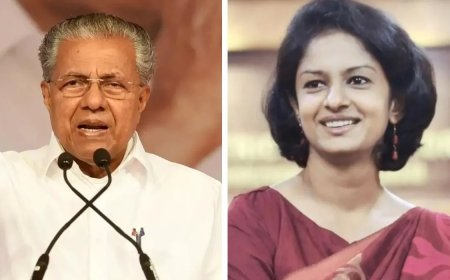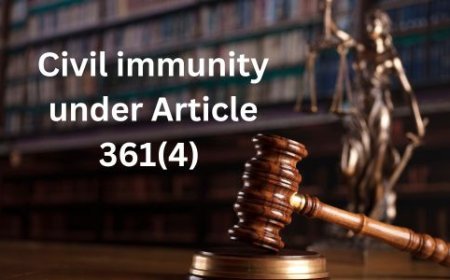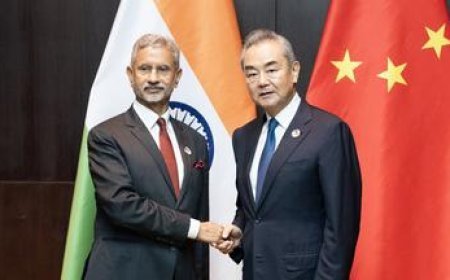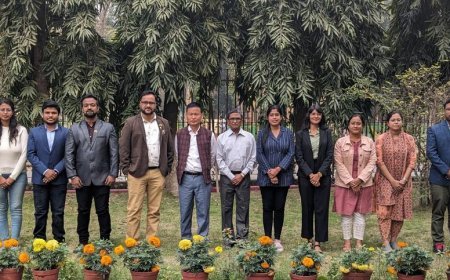Supreme Court Upholds States' Right to Sub-Classify Scheduled Castes for Quotas

Supreme Court Upholds States' Right to Sub-Classify Scheduled Castes for Quotas
In a landmark judgment, the Supreme Court of India ruled that states have the authority to sub-classify Scheduled Castes (SCs) to ensure more equitable distribution of reservation benefits in public employment and education. The decision, delivered by a seven-judge Constitution Bench led by Chief Justice of India D.Y. Chandrachud, marks a significant shift in affirmative action policies.
Majority Judgment Supports Sub-Classification
The bench, in a majority ruling, emphasized that sub-categorization within a class is a constitutional necessity to achieve substantive equality. Chief Justice Chandrachud, supported by Justice Manoj Misra, reasoned that the Constitution allows states to differentiate among SC groups to provide more targeted preferential treatment. This perspective was endorsed by four other judges on the bench.
"The Scheduled Castes notified by the President under Article 341(1) of the Constitution encompass heterogeneous groups with varying degrees of backwardness. Thus, sub-classification based on rational principles is essential to address these disparities," Chief Justice Chandrachud stated.
Excluding the Creamy Layer
Four judges also advocated extending the "creamy layer" principle, traditionally applied to the Other Backward Classes (OBCs), to SCs and Scheduled Tribes (STs). Justice B.R. Gavai, along with Justices Vikram Nath, Pankaj Mithal, and Satish Chandra Sharma, argued that excluding affluent individuals or families within these classes would ensure that the benefits of reservation reach the truly underprivileged.
"Can a child of IAS/IPS or civil service officers be equated with a child of a disadvantaged member belonging to Scheduled Castes, studying in a gram panchayat/zilla parishad school in a village?" Justice Gavai questioned, highlighting the need for a policy to identify and exclude the creamy layer within SCs and STs.
Dissenting Opinion
Justice Bela Trivedi dissented, asserting that states lack the power to alter the Presidential List of Scheduled Castes. She maintained that any sub-classification amounted to unconstitutional interference with the Parliament's exclusive authority under Article 341(2).
Implications for Affirmative Action Policies
The judgment followed a referral to the seven-judge bench in 2020 to examine the constitutionality of specific state laws, such as the Tamil Nadu Arunthathiyars Reservation Act, 2009, and the Punjab Scheduled Castes and Backward Classes (Reservation in Services) Act, 2006. These laws provided preferential quotas to particular sub-groups within the SC community.
The bench concluded that states could address intra-caste disparities based on empirical data, provided that the sub-classification is grounded in rational differentiation and serves the purpose of promoting substantive equality.
Overruling Previous Precedent
The ruling overruled the 2005 E.V. Chinnaiah case, which held that sub-classification by states amounted to tampering with the Presidential List, violating Article 341(2). The court referenced the Indra Sawhney case, which allowed for classifying backward classes into 'backward' and 'more backward' categories, to justify similar treatment for SCs.
Ensuring Substantive Equality
The court acknowledged concerns about potential political manipulation but maintained that addressing intra-caste inequalities is a constitutional mandate. States are required to support their sub-classification policies with quantifiable data and ensure that these policies do not monopolize the reserved quotas to the exclusion of other SC groups.
The decision is expected to reshape the framework of affirmative action in India, emphasizing the need for nuanced policies that address the varied levels of disadvantage within the Scheduled Castes.
What's Your Reaction?









